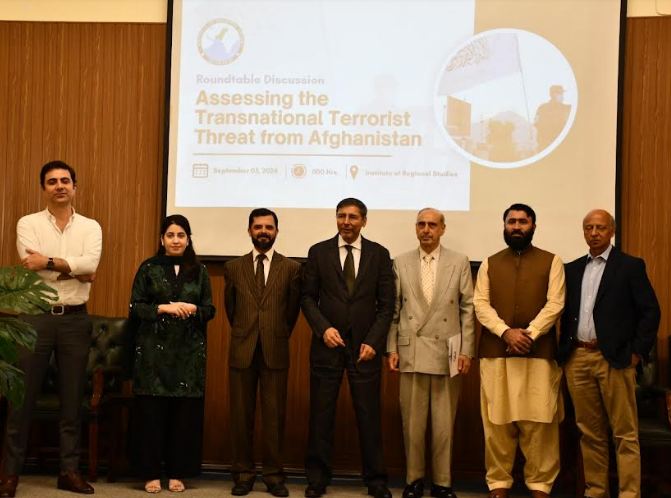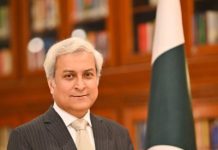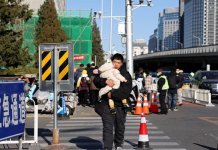ISLAMABAD, SEPT 6: /DNA/ – Prominent experts at a roundtable discussion organized by the Institute of Regional Studies (IRS) expressed concern over the growing nexus between various jihadist organizations operating out of Afghanistan.
They highlighted the growing collaboration not only between various jihadist terrorist organizations such as the Tehrik-i-Taliban Pakistan (TTP), and the Islamic State Khorasan Province (ISKP), but also between the jihadist terrorist organizations and Baloch separatist groups.
The experts were not optimistic about the Afghan interim administration taking meaningful action against the terrorist groups based in Afghanistan under its watch. The speakers maintained that Afghan Taliban could not be expected to act against their former partners in resistance against foreign troops in Afghanistan unless they get convinced that it is essential for the regime’s survival. It was also felt that the Afghan interim administration fears that taking serious action against terrorist groups such as the TTP might create dissension within the Taliban ranks, which could be exploited by the ISKP, an adversary of the Afghan Taliban.
The speakers called for a long-term policy approach towards the Afghan interim administration on the subject of TTP presence in Afghanistan noting that jihad had a long history in Afghanistan, which had led to creation of durable and interlinked jihadist networks. The experts were of the opinion that understanding of sociocultural and religious nuances of Afghanistan was essential for a long-term strategy for dealing with terrorism emanating from the country. Such an understanding, according to the panellists, needed to take into consideration dichotomies within the Afghan interim administration and the multiple influencing factors at play, including regional geopolitics.
The speakers also noted that addressing terrorism in the region would not only require patient diplomatic engagement with the Afghan interim administration, but also strengthening the legal and institutional structure against terrorism in Pakistan.
The participants of the roundtable included President IRS, Ambassador Jauhar Saleem, Executive Director Centre for Research and Security Studies (CRSS) Mr Imtiaz Gul, Director Religious Engagement International Research Council on Religious Affairs (IRCRA) Mr Tahmeed Jan, Co-Found of Khorasan Diary Mr Ihsanullah Tipu Mehsud, Pakistan’s former envoy to Afghanistan Ambassador Arif Ayub, and IRS researchers Aarish U. Khan and Aleena Shah. A large audience including diplomats, academics, researchers, opinion-makers, and students witnessed the lively discussion.
















